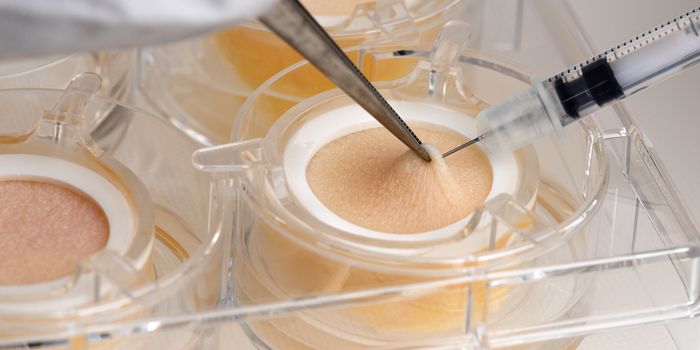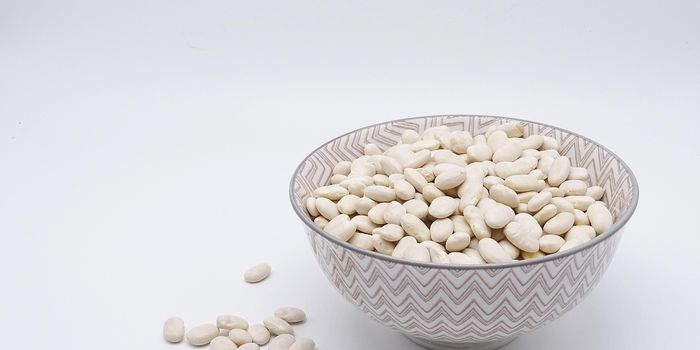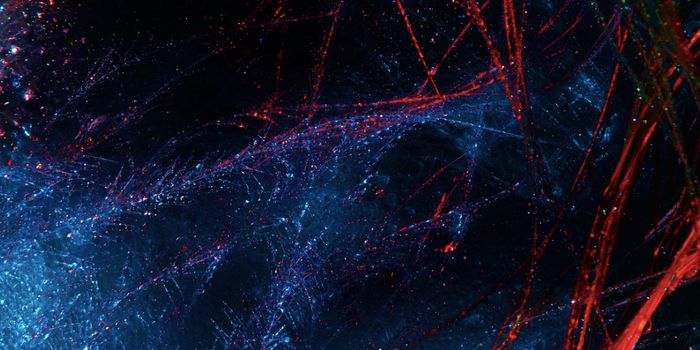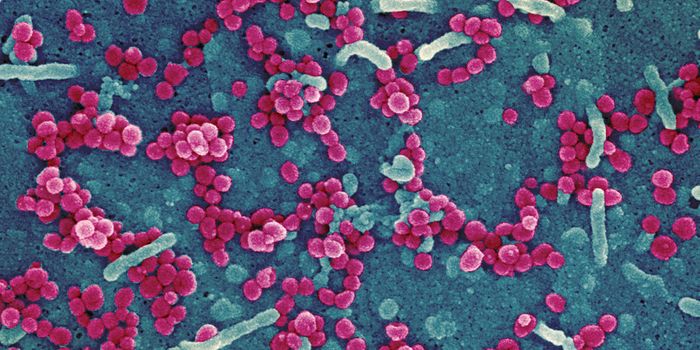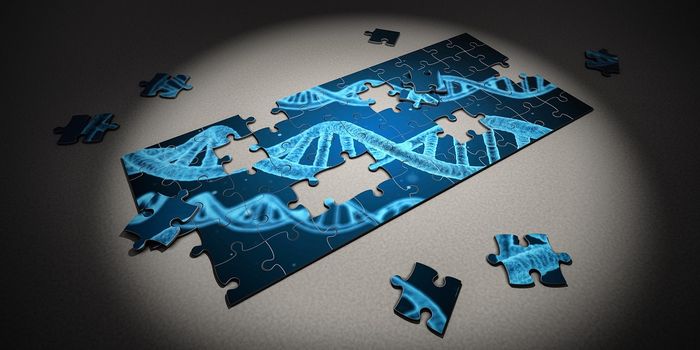
Sixty percent of those infected in Africa die within eight days to three weeks after contracting the Ebola virus. But some people survive and they may hold the key to a cure being developed by researchers from Ben-Gurion University of the Negev (BGU).
Dr. Leslie Lobel, a professor at BGU's Center for Emerging Disease, Tropical Diseases and AIDS has been working with the disease in Africa for more than a decade. Currently, working with survivors, Lobel has been studying the immune response to these viruses and is hoping to isolate the antibodies to develop an effective treatment to prevent future outbreaks.
In a paper written by Dr. Lobel and others in Infectious Diseases, the authors explained that they performed a serological study of the humoral immune response against the individual viral proteins of Sudan ebolavirus (Gulu) in human survivors to better understand humoral immunity following Ebolavirus infection. They used an ELISA assay specific for full-length recombinant viral proteins NP, VP30, VP40 and GP (GP lacking the transmembrane domain) of Sudan ebolavirus (Gulu) and a plaque reduction neutralization test. The researchers screened and analyzed serum samples from human survivors, collected up to ten years following recovery.
According to Dr. Lobel, the results demonstrate that samples obtained ten years following infection contain virus-specific antibodies and can neutralize the virus. They concluded that neutralization correlates well with immunoreactivity against the viral proteins NP, VP30 and GP and that sera from individuals who died, or with no documented infection but immunoreactive to Ebolavirus, did not neutralize. The researchers said that their work provides insight into the duration, profile of immunoreactivity, and neutralization capacity of the humoral immune response in Ebolavirus survivors.
Using blood samples from survivors in the field, Lobel's BGU lab team "isolates and produces molecules in the lab that are naturally produced by the immune system in survivors," and they are attached to the Ebola virus to inhibit infection. These are the antibodies that the body produces naturally as part of the immune system's response to the pathogens. One of only a handful of studies currently being conducted around the world, it could lead to the first effective treatment for Ebola in as soon as five years. This research is being funded by the US National Institutes of Health and other backers. Following initial testing in animal models, if successful, the potential treatment can be tested in humans.
 Sixty percent of those infected in Africa die within eight days to three weeks after contracting the Ebola virus. But some people survive and they may hold the key to a cure being developed by researchers from Ben-Gurion University of the Negev (BGU).
Sixty percent of those infected in Africa die within eight days to three weeks after contracting the Ebola virus. But some people survive and they may hold the key to a cure being developed by researchers from Ben-Gurion University of the Negev (BGU). 
